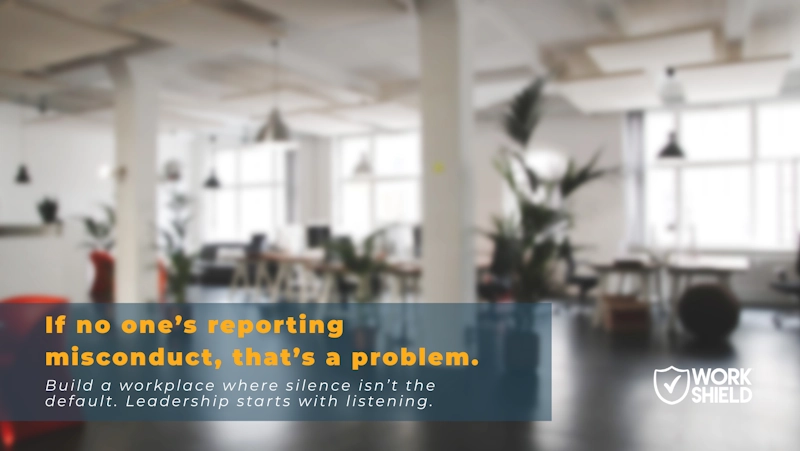A complex risk mitigation strategy is crucial for organizations to maintain compliance, protect assets, and build confidence in both internal employees and external stakeholders. Proactively implementing a robust misconduct management solution arms organizations with the necessary information to respond appropriately and effectively to potential threats. By proactively preparing for potential issues and successfully managing them when they occur, organizations can mitigate risk and the overall impact to their bottom line.
Importance of Mitigating Misconduct Risks
As reported by PropertyCasualty360, workplace misconduct is on the rise. In fact, in 2023, toxic workplace culture cost organizations $223 billion from turnover in the last five years. Understanding that victims of workplace misconduct often experience emotional, mental, physical, or even financial impacts, organizations need to prioritize solutions that identify internal misconduct and effectively investigate and resolve those issues to further mitigate risks. Proper misconduct management not only resolves the issues, but can also address the costly effects from them including turnover, lawsuits, legal claims, financial liabilities, and more.
In today’s speak-up culture, HR and employee relations incidents have risen more than 16%, and reports related to ethics and legal compliance have increased by 29%. These statistics, as reported by JD Supra, highlight a more concerning trend that overall employment law issues have more than doubled, particularly regarding hostile work environments, employee abuse and bullying, sexual harassment, discrimination, and general misconduct.
While employees are speaking up more than ever to report misconduct incidents and unethical behavior, organizations also have an opportunity to embrace change with risk management plans. By identifying risk trends and addressing issues early on, employers can improve overall compliance and foster a more inclusive workplace that keeps employees long-term, attracts top-tier talent, and maintains positive public opinion.
Stay Ahead with Proactive Misconduct Management
While misconduct incidents may vary from industry to industry, there are several best practices that every organization should consider when crafting a proactive misconduct management plan. For example, thorough documentation and impartial risk management processes can help minimize the risk of costly litigation and settlements. Moreover, without action, the risk increases for further financial burden of unresolved misconduct incidents, such as harm to employees or stakeholders and decreased market stability.
Safety and security also serve as important components for employees to feel more empowered to report misconduct. Confidential reporting, coupled with third-party investigations, removes any bias that typically presents with internal inquiries, further mitigating risk of unresolved issues. Employers who offer secure options build trust throughout their organizations, encouraging employees to speak up without fear of retaliation.
The bare minimum of complying with rules and regulations to handle all types of employee misconduct is unfortunately no longer sufficient. With comprehensive, confidential misconduct management solutions like Work Shield, employers are equipped with the proper tools to stay ahead and adhere to ever-changing workplace regulations.
As a third-party solution with professionally trained investigators, Work Shield conducts unbiased, impartial investigations that mitigate the risk of retaliation claims and additional complaints. In addition, while many organizations with internal processes can take 30+ days to fully investigate complaints, Work Shield efficiently investigates to streamline and provide a recommendation in a fraction of the time.
Build Trust and Enhance Reputation with Ethical Practices
Organizations that demonstrate a safe, ethical workplace foster trust among employees and stakeholders. While short-term benefits might include addressing and eliminating those who pointedly engage in the various types of employee misconduct, improved employee morale and retention would offer a long-term benefit – especially considering up to 25% of a company’s market value is based on reputation. Building overall trust can impact an organization’s ability to attract top-performing employees and new stakeholders.
Safeguard Your Organization with Work Shield
Partnering with Work Shield as a third-party misconduct management solution can help organizations mitigate risk. Through its comprehensive reporting, investigations, and resolutions that streamline the investigative process to provide faster resolutions, enhanced transparency, and data and analytics, organizations can make informed decisions to mitigate risk and protect their bottom line.





